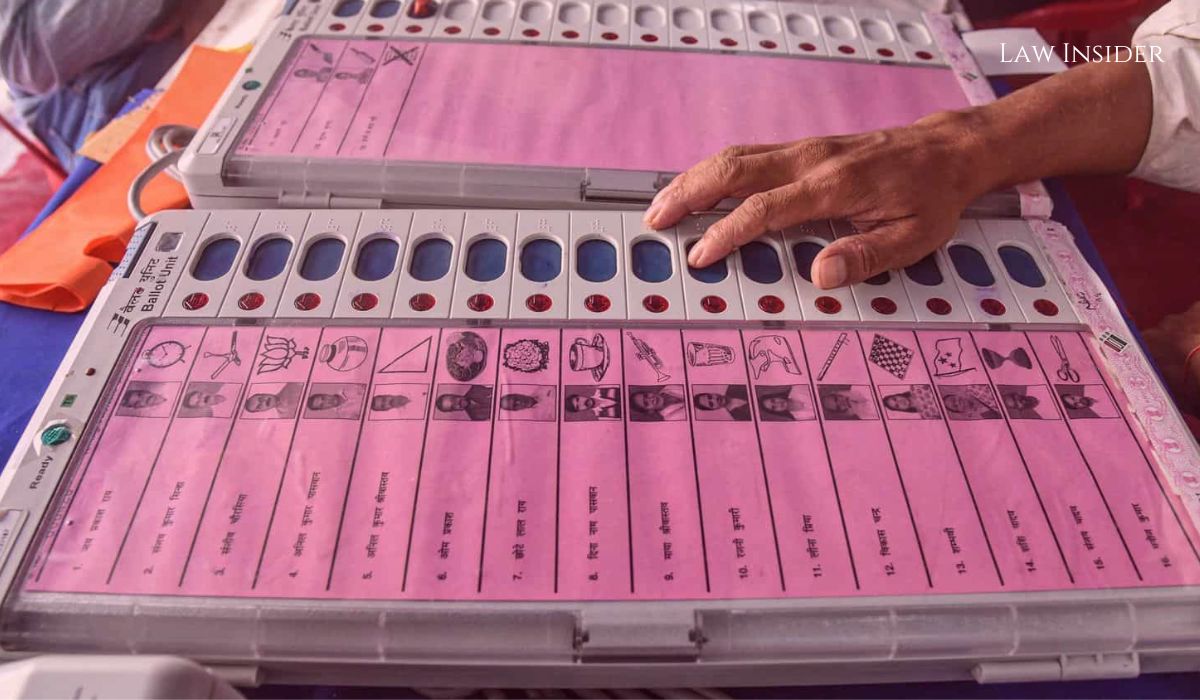Tanisha Rana
Published on: October 7, 2022 at 21:44 IST
The Madhya Pradesh Jan Vikash Party petitioned the Supreme Court on Friday, requesting guidelines for determining whether there were anomalies in the Electronic Voting Machines (EVM).
A court presided over by Justice SK Kaul condemned the practise of filing petitions to gain publicity and fined the petitioners Rs. 50,000 in addition.
The court noted that constitutional organisations like the Electoral Commission of India oversee the election process under the Representation of People Act.
The court stated that although the EVM method has been used for many years, concerns are nevertheless occasionally expressed, and the current petition is an example of this in general.
“It appears that parties which may not have got much recognition from the electorate by reason of election process now seek to get recognition by filing petitions,” the bench recorded in its order.
The current case contests the Madhya Pradesh High Court’s decision to reject the petition that aimed to draw attention to anomalies in the EVMs, which was made in December 2021.
According to the petition, there are numerous stages in the manufacture, transportation, randomization, symbol loading, etc. of EVMs, all of which are handled by the manufacturing companies.
In light of the fact that only the Election Commission of India is authorised to carry out these tasks, it was argued that the use of electronic voting machines violated both legislative requirements and guidelines.
The petition asked for a directive to the ECI to follow the law, but the apex court noted that there cannot be a mandamus to execute a statute.
The court ruled that there was no infringement that called for the court to intervene in any way, and the Election Commission of India has been following the Act’s and the Rules’ specified processes.

